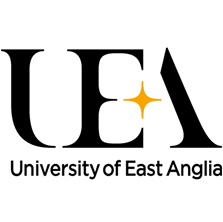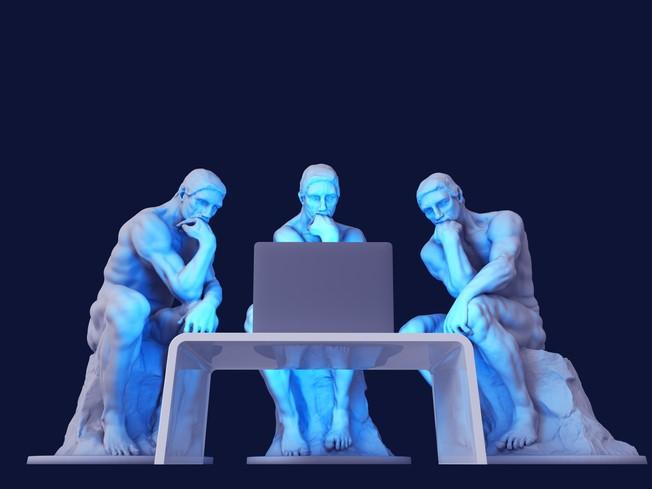
Learner, student, graduate: a toolkit for student identity formation and critical reflection
A toolkit to guide students in developing and critically reflecting upon their own identities and journeys as they progress through higher education and into professional life
You may also like
Undergraduate study is characterised by two major transitions within a relatively short period of time: the transition into higher education as a learner and then out of higher education into employment or further study. Both transitions can be unsettling, requiring students to step outside their comfort zones and assume new identities. The level of ease with which students make these transitions, the confidence they have and the way they perceive themselves, is hugely affected by their backgrounds and societal factors including the pandemic.
Introducing the concepts of identity and transition to first-year students can help them learn how to navigate and negotiate these transitions, whether it is into their academic discipline, wider university life, or the graduate labour market. Enabling students to critically reflect on their journey into higher education, career exploration and identity formation can encourage earlier engagement with employers. It helps equip students with the skills and knowledge required to transition from academia to industry.
- Building student identities as learners, not consumers, for better academic outcomes
- Purposefully building identity and belonging among students
- Helping students to see the future career value of their work-integrated learning
As learner identity and graduate identity are socially constructed, building a community of reflection within classes enables students to understand their own journeys in the context of others’ experiences. Here is a toolkit with some strategies to help encourage such reflection within learning and teaching, to enhance students’ confidence, sense of identity and understanding of how to manage transitions.
1. Year one, day one: who am I as a learner and who will I be when I graduate?
Encourage students to reflect on their experiences so far in their lives and explore who they are, where they have come from and where they would like to be. Introduce ways to explore this, such as “Possible Selves”. Explore the concept of agency. Graduate identity doesn’t develop at the stroke of midnight when degrees are conferred. It is formed by the activities students get involved in, the communities interacted with, their experiences and how they make sense of these.
2. Support critical reflection and metacognition
Identify models of critical reflection relevant to the discipline, such as Jenny Moon’s four stages of reflection. Give students opportunities to try out reflection, writing about their learning experiences in a journal. Introduce metacognition, that is thinking about our thinking, being conscious of our thoughts, behaviours and feelings; understanding actions and consequences. Encourage students to consider what influences thinking, how they make sense of their experiences, and if there are other ways of interpreting things. You can ask students to share journal entries with their peers, if they feel comfortable doing so. Make discussing learning experiences, the positives and challenges and ideas to overcome these, part of the everyday class practice. This can be done through an anonymous “confessions session” using an online whiteboard, or face to face in small groups, if students feel comfortable sharing.
3. Develop career literacy
Introduce employability as socially constructed, requiring graduates to construct their graduate identity which is then “warranted” by graduate employers. This requires students to recognise and develop the multidimensional resources they need to draw on when transitioning into the labour market.Use critical reflection to explore and challenge student perceptions about what they can become, and where their degree may lead. Invite recent alumni and industry professionals to classes to help inspire current students and see what is possible for themselves. Prepare students beforehand to ask questions and explore what influenced their career choices; how did they develop their graduate identity and what steps did they take to get where they are? Support students to become their own career researchers, for example, set a group assignment to develop a poster on a job role of their choosing, including critical reflection on the research process.
4. Create formative and summative assessments
Give students the opportunity to critically reflect and encourage metacognition through activities. Ask students to keep a regular learning journal which contributes to a reflective portfolio essay and photo assignments, linking reflections to theory and practice. Ask students to write letters to their previous and future selves. Once they have enough journal entries, students can be encouraged to look back at previous reflections to see how their knowledge, understanding and articulation of skills has developed.
5. Focus on the process and journey, not the end goal
Encourage exploration, curiosity, trial and error.
Critical reflection provides students with an opportunity to understand their educational journeys, where they are coming from, where they are and where they would like to go. Embedding these tools into the curriculum, pedagogy and assessment helps students to become lifelong learners, developing the skills required to navigate the transition into ‘graduate’ identity and industry.
Rebecca Westrup is associate professor in education and Sophie Reading is a careers adviser, both at the University of East Anglia.
If you found this interesting and want advice and insight from academics and university staff delivered direct to your inbox each week, sign up for the THE Campus newsletter.




